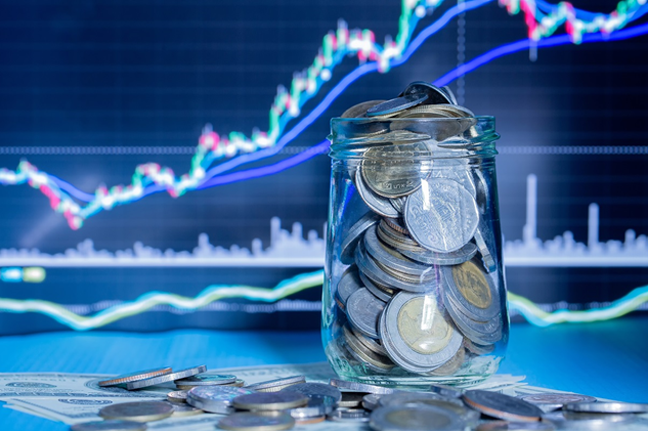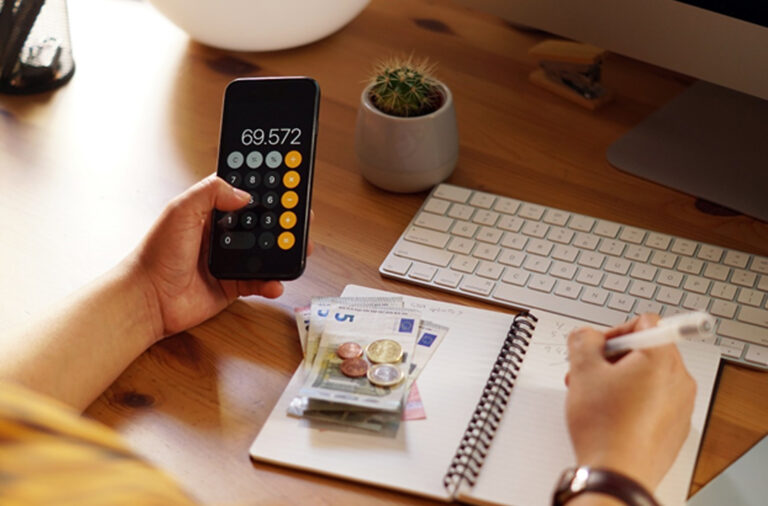There is no doubt that personal loans can be expensive. There are less expensive ways to borrow than taking a personal loan, so it’s important to understand what a personal loan is and whether it’s the right option for you. Ideally, no one ever wants to take out a loan at all but there are some cases in which a personal loan is justified.
What is a personal loan?
A personal loan is a specific amount of money you borrow from a lending institution. It typically runs for a set period of about 12 to 60 months and you will pay a monthly installment of a fixed amount over that period. What you borrow is called the principal amount and as you repay, the principal amount decreases.
A mortgage and an auto loan are loans made for a specific purpose but you can use a personal loan for various purposes. You may want to use it to pay for an essential expense, to purchase a major household item or to consolidate debt.
A secured personal loan where you offer some collateral may be easier to qualify for and the interest is usually lower than an unsecured one. If you fail to repay the loan, the lender can sell your asset to recoup the money you owe.
Your interest rates aren’t too high
The reason lenders charge a higher interest rate on personal loans is because they have no collateral and so they present a greater risk to the lender.
A monthly interest charge is added to the principal amount of the loan. The interest rate on loan is calculated using various factors such as your credit score and debt-to-income ratio. Since you have to pay interest, you will always pay back more than you borrowed and you want your interest rate to be as low as possible.
You may be offered two types of interest on a personal loan: fixed interest or variable interest. When interest is fixed, it means you pay the same amount of interest on every repayment and this is probably a better option if you’re on a tight budget – you won’t be caught out when interest rates go up. A variable interest loan means interest goes up and down. It may offer lower interest but it can change and become more expensive.

You have a good credit score
Before you submit a personal loan application, reviewing your credit report and credit score is important, as this is what lenders will want to see. A good credit score generally qualifies you for better interest rates and loan terms.
Your debt-to-income ratio (DTI) is a number that compares how much you owe each month with the total amount you earn. Lenders usually want to see a DTI of less than 36% but some of them do lend to borrowers with higher ratios.
One of the most important factors in determining your credit score is your payment history. On any type of personal loan, failing to make your payments will affect your credit score and your ability to get credit in the future.
You can afford the repayments
A personal loan can be an option if you want to work to a strict budget and need a steady way of borrowing. As you have to agree to the terms of the loan, you know how much you need to repay and how long you have to pay every month.
If you don’t have any collateral to offer, you don’t have a low-interest credit card and your credit card limits don’t meet your current borrowing needs, you could consider taking a personal loan.
You want to consolidate your high interest debts
Perhaps you have a high balance on one or more credit cards. The interest rates on certain credit cards are very high. By taking out a personal loan, you could pay off the amount you owe on your credit cards. This would save you money because the average interest rate on credit cards is usually much higher than the average interest rate on personal loans. The difference allows you to pay less interest overall. It is also easier to pay and keep track of one payment a month.
An older personal loan you took out previously may have a higher interest rate than the one you qualify for today and you could replace it with a new loan to save you interest. Before going this route, you need to find out if there’s a prepayment penalty in your old loan and what the originating fee will be on the new one.
You want to use it to make essential purchases
If you want to make a major purchase, like a household appliance, taking out a personal loan could be cheaper than using your credit card or financing through the seller. Just make sure your purchase is essential for you to carry on living your normal day-to-day life. You can also use a personal loan for unexpected expenses like vehicle repairs or dental treatment. Using a personal loan for inessentials could reduce your chances of getting one when you really need it.
Financing an expensive event, like a wedding, could also be better with a personal loan than using your credit card. Using a personal loan to finance a vacation or something you may regret later may not be such a great idea.
It can help improve your credit score
Paying off a personal loan can help you to improve your credit score, as long as you make all your payments on time. If you have various types of loans and show that you can handle them responsibly, it can have a positive effect on your credit score.
Conclusion
Personal loans can be used for almost any purpose and they don’t have to be secured with collateral. They can be less expensive than credit cards and some other types of loans. If you use them for the right purposes and pay them off on time, they can be a viable option in some circumstances.


